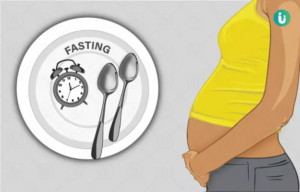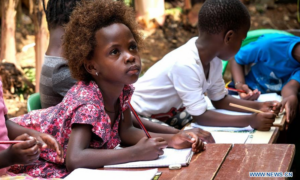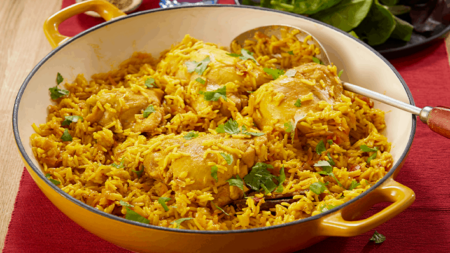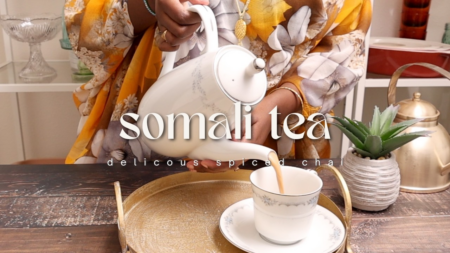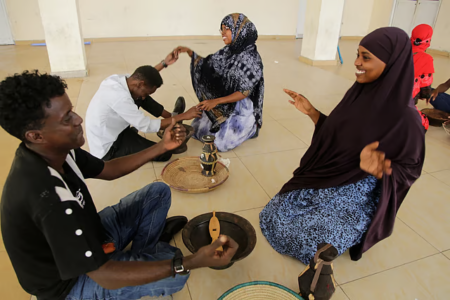Somalia is located in the Horn of Africa and bordered by Ethiopia, Djibouti, and Kenya.
It is home to a proud people with their Somali identity who share heritage, language, and faith.
The majority of Somalis are Sunni Muslims who trace their ancestry to common forefathers, forming one of Africa’s most culturally cohesive nations.
Despite decades of conflict, displacement, and economic hardship, they remain united through a strong sense of Somali identity, moral values, and community interdependence.
National Spirit Connection to Somali Identity
The Somali identity extends far beyond Somalia borders.
During colonial times, Somali territories were divided among five regions:
- British Somaliland
- Italian Somaliland
- French Somaliland (now Djibouti)
- Ethiopia’s Ogaden region
- Northeastern Kenya
A Star that Represents A United Somali Identity
When British and Italian Somaliland united in 1960, modern-day Somalia was born, symbolized by the nation’s blue flag with a five-pointed star.
This star represents the unity of all Somali people across the Horn of Africa.
Somali nationalism has long been rooted in shared language, culture, and religion.
Although the dream of uniting all Somali-inhabited regions has faded since the civil war, the spirit of kinship and solidarity remains strong among Somalis everywhere.
Traditional Life, Urbanization, and Displacement
Historically, Somalis lived as semi-nomadic herders and farmers.
They were moving their livestock in search of pasture and water.
However, decades of war, famine, and drought have reshaped these traditional lifestyles.
Over 2 million Somalis are internally displaced, and nearly a million live as refugees across East Africa.
Somalis Adaption to Urban Life
Today, many Somalis have adapted to urban life.
Coastal cities like Mogadishu and Kismayo blend ancient tradition with modern influences from global trade.
Even in displacement, Somalis show remarkable resilience, pursuing education and entrepreneurship to rebuild their lives.

What is the Foundation of Somali Society?
Somali society is deeply rooted in a complex clan system that defines social relationships, identity, and community support.
Most Somalis belong to one of four major clans: Darod, Hawiye, Dir, and Rahaweyn.
Each clan is divided into numerous sub-clans and extended families.
Clan affiliation influences respect, marriage, and social status.
It also serves as a vital support network, especially in times of hardship.
Within this structure, elders play a crucial role as mediators and decision-makers.
This is by reserving order and resolving conflicts through traditional consensus.
Minority and Occupational Groups
Somalia is also home to diverse minority communities, including Bantu, Benadiri, Asharaf, and Bravanese.
Each community owns unique dialects and traditions.
Occupational groups such as Gaboye, Tumal, and Yibir have historically faced social exclusion.
Due to their caste-based professions, though migration and diaspora life have opened paths toward equality and empowerment.
Somali Resilience
Somalia’s long civil war, political instability, and natural crises have deeply shaped its people.
Yet amid hardship, Somalis continue to embody values of hospitality, kinship, and adaptability.
The younger generation, representing over half the population, carries forward this legacy with a renewed vision for peace, unity, and national pride.
Despite Challenges, Somali Identity Remains Alive
Despite displacement, inequality, and conflict, the Somali people remain bound by faith, language, and tradition.
Their resilience and adaptability continue to define Somalia, a nation that has endured immense challenges yet holds fast to its cultural soul and collective strength.
Source: Britannica
